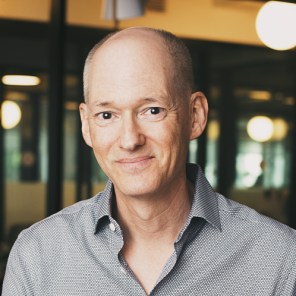
Lee Schneider
Fiction writer, futurist, producer.
Male from Santa Monica, United states and speaks EnglishAvailable for Interviews in Remote Formats
Readers of science fiction, fantasy, or climate fiction.
Topics Discussed by Lee Schneider
About Lee Schneider
Lee Schneider is a fiction writer and producer focused on the future.
His 30-year career in media includes podcast production, documentaries and TV series with History Channel, Discovery, Court TV, Food Network, Travel Channel, TLC, Dateline NBC and Good Morning America.
He has published two novels, with the third in the trilogy coming in 2025.
He lives in Santa Monica, CA with his family.
Availability for Interviews
Weekdays only from 11am to 5pm America/Los_Angeles
Interview & Promotion Format
- Guest Form
- Pre-Interview Call
- Share Episodes
- Email Subscribers
Target Audience
Readers of science fiction, fantasy, or climate fiction.
Why Invite Lee Schneider as a Guest?
I've written movies, audio dramas, television documentaries, and stage plays, but my best work today is focused on telling climate stories in novels. Climate change is the existential crisis of our time. I'm working to imagine a future in fiction in which we humans are better planetary citizens. My new book is called Resist. It's set in 2052 and the story concerns AI control of the climate and a small band of rebels who are fighting the powers that be. Is climate fiction a topic you'd like to explore? I'd be happy to talk about it with you on the show. Here are some related topics I've discussed as a guest on podcasts: - How can you work in a dystopian form, like climate fiction, and yet be optimistic and inspire readers? - Successful books are entertainment vehicles. How do you keep readers reading about a future that might not be so much fun? - Are you a climate optimist or a climate pessimist? - Is what you're writing "hard" science fiction, filled with facts, or "soft" science fiction, more about fantasy worlds? Is it better now to be writing one or the other? If you'd like to talk about the process of fiction writing, here are some ideas for that. - How do you sustain a long-form narrative project that might take a year or more to write? - What are the challenges of writing a trilogy of novels, knowing that people may read the books out of order? Thanks for considering me for the show.